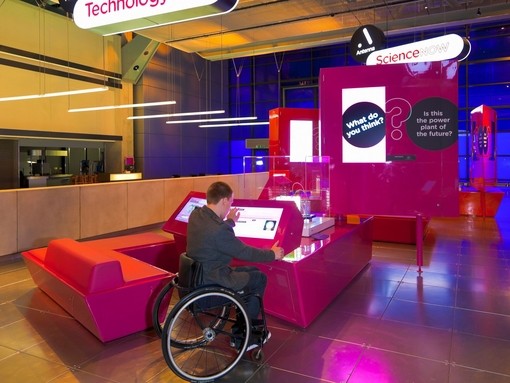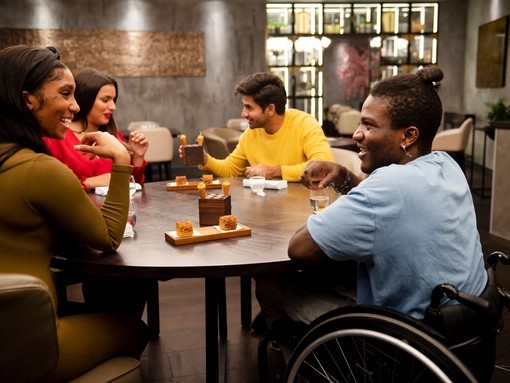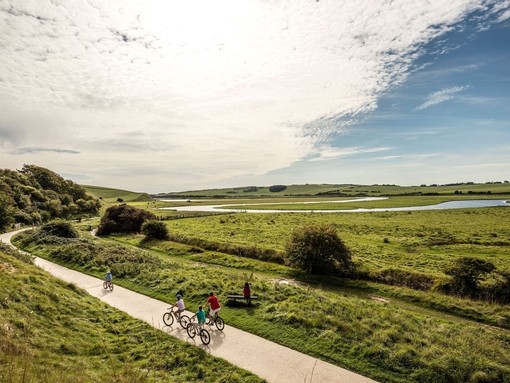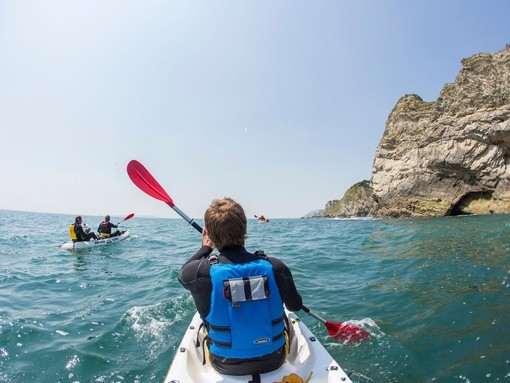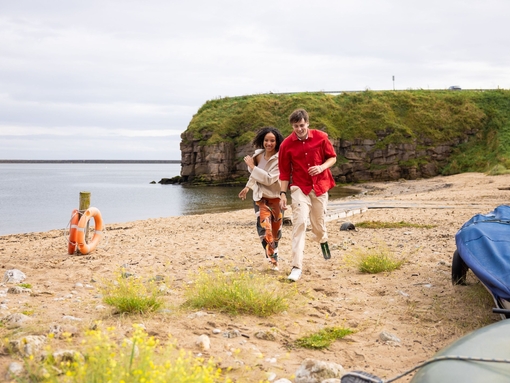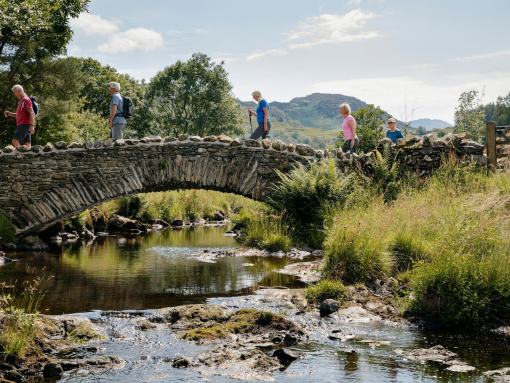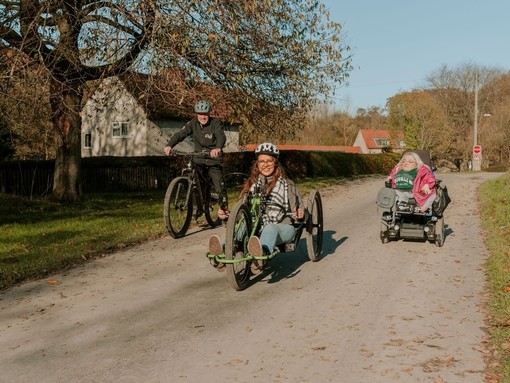Photo by: Visit Essex/ Rod Edwards
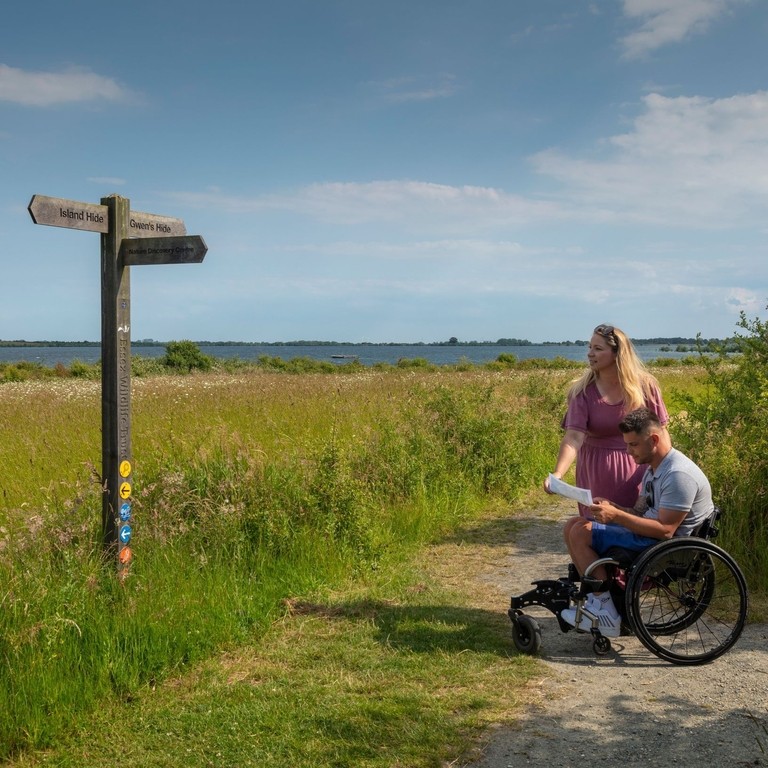
Accessible guide to the East of England
Welcome to the East of England, comprised of four regions: Cambridgeshire, Suffolk, Norfolk and Essex. Visit quaint towns and quirky cities, experience the thrill of the breeze in your hair as you zip along on an accessible speedboat past the golden beaches of Cromer, or see history brought to life as Spitfires take to the skies at the largest accessible air museum in Great Britain. From the tranquil pace of forest bathing to inclusive live concerts set within the trees, the East of England has something for every taste.
Accessible travel around the East of England
Getting to Suffolk by train takes just over an hour from London with Greater Anglia. For Norfolk, the same network leaves London’s Liverpool Street Station every 30 minutes and takes around one hour and 50 minutes. Greater Anglia also operate a service from London to Essex in just over an hour from Fenchurch Street station.
Cambridge is served by two regular train connections from London, a Greater Anglia train from Liverpool Street station, taking around one hour and 30 minutes, and another from Kings Cross, taking around one hour, operated by either Thameslink or Great Northern Rail. You can also travel from Stansted Airport with CrossCountry trains.
Explore the rolling countryside and small towns in the East of England by making the journey part of the experience. Norfolk’s Bure Valley Railway is a quaint steam railway that cuts through a scenic route with carriages that can accommodate wheelchairs.
Take the opportunity to explore some the East’s Scenic Rail Britain routes. It is recommended that you contact the train operators for accessible travel support 24 hours before you intend to travel.
For more local train services in the East of England see Southern Eastern Railway and Network Rail for the Anglia Route.
Suffolk’s local bus services take in market towns across the county, including Lowestoft, Bury St Edmunds, Felixstowe and more. Find more about bus travel from Suffolk County Council’s Suffolk Onboard and information about concessionary travel in Suffolk.
In Essex, some of the largest public bus operators are First Bus and Arriva, which are accessible.
There are several local bus companies in Cambridgeshire — Stagecoach is one of the largest.
Norfolk also has a number of local bus services with First Bus and Konectbus two of the most recognised and accessible.
Accessible things to do in the East of England
Discover our pick of accessible things to do in the East of England.
Photo by: Getty Images
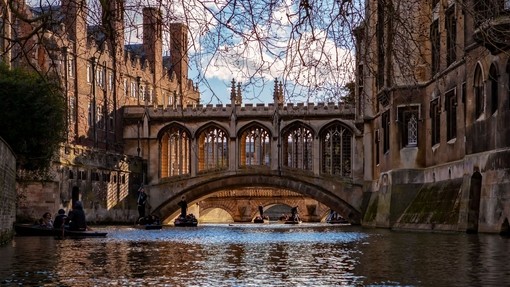
Outdoors and nature
Immerse yourself in all things prehistoric at ROARR!, the UK’s largest dinosaur-themed adventure park. ROARR! is wheelchair accessible and there is free use of a manual wheelchair on site if needed. Ear defenders are available to hire, and you can let the staff know if the music and dinosaur noises could be made a bit quieter. At the VisitEngland Awards for Excellence 2024, ROARR! Norfolk won Silver in the Accessible and Inclusive Tourism Award category.
With more than 10 Access for All Walks along the Norfolk coast – a National Landscape – look out for lifeboats, working boats, salt marshes, sand dunes and plenty of bird life. Discover the Cromer Promenade access walk and stop off at North Norfolk’s accessible beaches, where beach-friendly wheelchairs can be hired. Or explore the Holkham Beach Path and enjoy the views of sand dunes, fresh water marshes and spectacular coastline.
Explore Holkham Hall, the Palladian-style mansion housed within a 3,000-acre park, complete with a lake, beach and nature reserve. With level access throughout, staff are trained in First Aid, plus disability, autism and dementia awareness. The hall is largely accessible using a stair climber and offers hearing loops and braille transcripts. There are accessible toilets, assistance dogs are welcome, and you can borrow a wheelchair or mobility scooter. Outside, take the Tractor Trailer Tour which can accommodate a wheelchair securely. Be sure to check out the Holkham Stories Exhibition, it’s multisensory and interactive.
The Disabled Ramblers is a charity campaigning to improve access for all when out and about in the countryside by removing man-made obstacles like steps and stiles in England and Wales. It also has a tried-and-tested collection of accessible routes, including trails in the East of England.
Norfolk may not be the first destination that springs to mind for a safari experience, but Watatunga Wildlife Reserve is here to change your mind! Here you can spot various species of endangered deer and antelope, alongside rare birds, buffalo and more. An accessible trailer is available for wheelchair users, while the site also features accessible toilets and changing rooms, access ramps and fully accessible accommodation for those who wish to extend their trip.
Adventure and sports
Situated in the picturesque seaside town of Cromer, Norfolk, the Glide Surf School specialises in teaching all who have always wanted to give surfing or stand up paddle boarding (SUP) a go. Lessons are tailored to each person’s individual needs.
Zoom around Norfolk’s Blakeney Harbour in a powerboat called Poppy with the North Norfolk Wheelyboat team. Specifically made to be accessible to all, look out for seals and a beautiful bird colony. Facilities nearby are also autism-aware and there is a Changing Places toilet as well. Cromer beach is approximately a 40 minute drive away, where you can book a beach-friendly wheelchair with a refundable deposit.
Adventurers and those seeking a peaceful retreat alike should head to High Lodge Thetford Forest. Set within an earthy woodland setting, you’ll find a range of accessible activities. Tree-top adventures await at Go Ape, accessible to people who are D/deaf or hard of hearing, people who are blind or partially sighted, and those with learning difficulties or other accessibility requirements. In the forest there are trails suitable for mobility scooters and some manual wheelchairs, Forest Bathing for mindful reflection, archery lessons for all, and even inclusive live music concerts.
Whether it’s a white-knuckle ride on rapids or a mild paddle on the lake, you’ll find something that suits you at Lee Valley White Water Centre. There is space for mobility scooters to move around, a hoist to get into rafts and canoes and BSL-trained staff. There are accessible changing rooms, showers, toilets; see AccessAble for a full run-down of features.
Relaxation and wellbeing
Wicken Fen is one of England’s oldest nature reserves, and an important wetland in Great Britain, featuring rare birds and wildlife. The circular Boardwalk and the Woodland Walk on Sedge Fen are accessible. While these two routes allow assistance dogs only, the Lodes Way cycle path is accessible to all dogs under close control. Facilities include accessible toilets, designated accessible parking, induction loops, level access, plus wheelchairs are available.
No visit to this part of East Anglia would be complete without a tour of Britain’s wetlands, the Norfolk Broads. A genteel river trip can be arranged, or you can hire a boat for the day. There’s also chances to explore its conservation areas and spot kingfishers and otters during one of its discovery tours. You’ll find level access to the areas and accessible toilets, with some lifts and ramps too. Book ahead as boats have limited wheelchair spaces.
History and heritage
The tiniest of cities is dominated by Ely Cathedral – an incredible feat of architecture with the most epic stained glass that is nothing but jaw-droppingly impressive. While some of the floor surfaces are a little uneven due to its age, you can access much of the cathedral. There are ramps and handrails and most areas are accessible by wheelchair. Other facilities include accessible toilets, hearing loops, and access dogs are welcome. While in the city, check out the hands-on Ely Museum, which is accessible, to discover more about the history of the city and also Oliver Cromwell’s old home, though only the ground floor is accessible to wheelchair users.
Anglesey Abbey is a Jacobean-style house with beautiful gardens and a working water mill. Inside the abbey you’ll find an accessible route with braille guides available. There are also induction loops, large print guides and menus, mobility scooters and wheelchairs to borrow, ramps if required, and the garden also has several level access pathways.
Located on one of the best-preserved Second World War airfields in the UK, IWM Duxford is a great day out for all. As the largest air museum in Europe, get up close to a wide range of aircraft and see Spitfires take to the skies. The museum is accessible to all, with British Sign Language (BSL) interpretations on films, induction loops, audio descriptions, wheelchairs and mobility scooters free to borrow, plus an on-site transport vehicle with space for wheelchairs. There are accessible toilets and baby changing facilities throughout and more.
Delve into Colchester’s rich history at its mighty castle. At the VisitEngland Awards for Excellence 2024, Colchester Castle won Bronze in the Accessible and Inclusive Tourism Award category. There is step-free access to the castle galleries thanks to two lifts. There are accessible toilets, and the nearest Changing Places facility is 0.2 miles away at the Castle Park. It’s possible for disabled guests and/or their carers to attend a free familiarisation visit to the castle to decide if it’s suitable. Feel free to borrow a Sunflower lanyard from the reception desk.
A beloved royal country retreat, Sandringham is the crowning glory of the Norfolk Coast Area of Outstanding Natural Beauty. There is a fair distance to cover between the car park and house, but there is a useful shuttle buggy for visitors with mobility issues. All public rooms in Sandringham House are on the bottom floor and wheelchairs are welcome. You’ll find a Changing Places facility here, as well as accessible toilets.
Arts and culture
From family-friendly pantomimes to musicals direct from the West End, the Cambridge Arts Theatre is the city’s go-to spot for a great night out. Take advantage of the theatre’s free Access Ticketing Scheme, where anyone with a barrier to attending the theatre due to a disability can enjoy reduced price tickets and free personal assistant tickets. There are eight spaces reserved for wheelchair users in the stalls, and there are five house wheelchairs (including one electric) available on site. There are a range of assisted performances, including BSL interpreted, captioned, audio described and relaxed.
Music, comedy, dance, drama – it’s all on the agenda at the Norwich Arts Centre! The centre received a Gold Award from Access is Everything in 2022 in recognition of its dedication to helping D/deaf and disabled people enjoy live music. Virtual tours of the venue during both day and night are available on its website. Registered assistance dogs are welcome with prior notice. Early entry to the venue for those with access needs can be arranged, also with prior notice. For wheelchair users or people requiring seating at standing events, there is a special viewing space. Other facilities include accessible toilets and hearing loop provisions.

